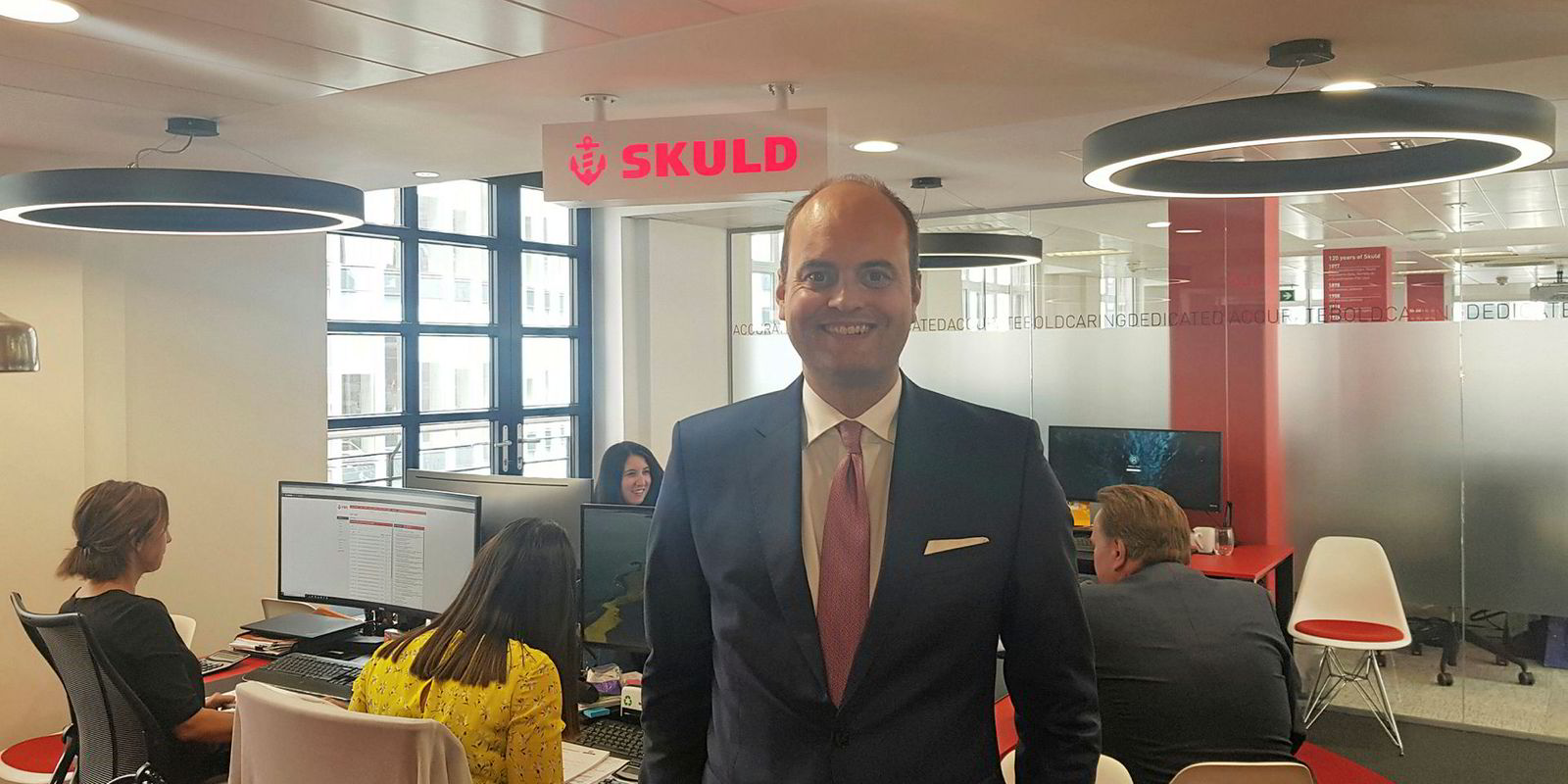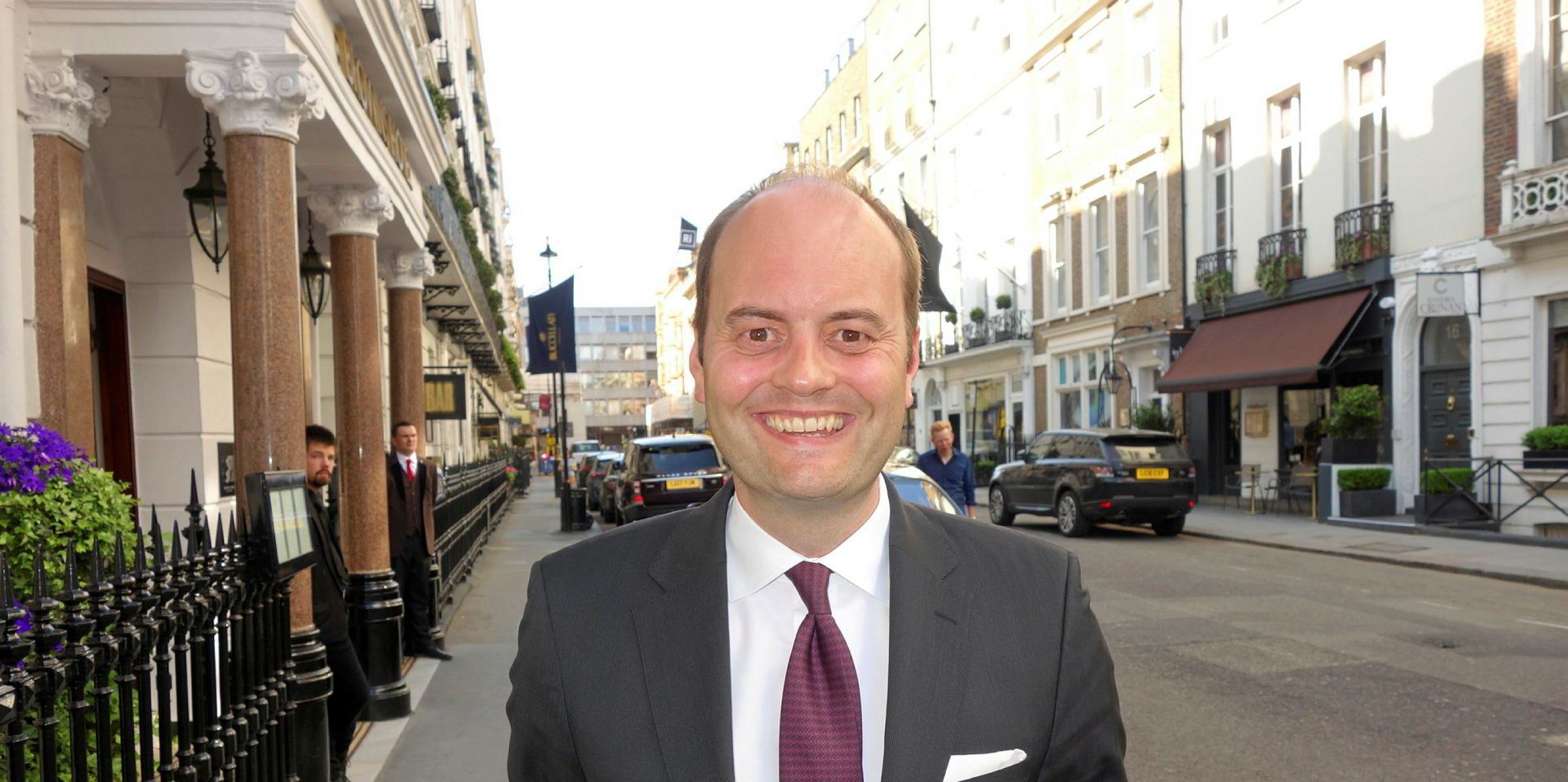Norway’s Skuld is marketing its merged hull and machinery business as Skuld Hull.
The move by the marine insurance mutual comes as it works to combine its Lloyd’s of London syndicate business under subsidiary Skuld Marine Agency (SMA).
Earlier this year, after running up considerable losses, Skuld's Lloyd's syndicate 1897 was put into a three-year run-off programme and its book closed to new business.
Since then, Skuld has begun the process of transferring the syndicate business over to Oslo-based subsidiary SMA, which is a provider of hull cover and was acquired by Skuld two years ago.
High retention
Skuld chief executive Stale Hansen said he has achieved an estimated 98% retention rate as shipowners follow Skuld from Lloyd’s into the merged corporate platform.
Skuld’s hull and machinery offering is now being operated from SMA’s Oslo headquarters and Skuld’s London base at Leadenhall Market, which is very near the Lloyd’s of London building.
Hansen said: “We are pleased to see how the move to corporate paper has been received. For us, it was important to have continuity while we renew clients onto the corporate platform. The market sees the logic in this and would still like to follow us and do business with us.”
Hansen said the thinking behind the move is that Skuld needs to focus on reducing its costs because hull rates are only showing limited signs of recovery.
It was natural to consolidate the two platforms [Lloyd’s syndicate business and SMA] into the more cost-efficient one
Stale Hansen
The starting point has been moving from the Lloyd’s market to the more cost-efficient company market.
“It was natural to consolidate the two platforms [Lloyd’s syndicate business and SMA] into the more cost-efficient one," Hansen said. "We see a tendency in hull that rates are coming up but it is more important for us to focus on costs.
"The main element of cost is claims, so it is important for us to have an efficient claims-handling service, to try to settle claims quickly to create sustainability and certainty. We are also using more internal resources and using our own lawyers rather than external services.”
The move over to SMA has also seen Skuld reduce or withdraw from several business lines. It has stepped away from providing ports and terminals cover while reducing builder's risk cover. It is also now only extending new energy cover to members of the Skuld protection and indemnity mutual.
Remarkable consistency
Hansen points to the remarkable consistency of Skuld’s underwriting performance as justification for its diversification strategy, despite the severe losses it faced in the Lloyd’s market.
The Skuld group of companies has produced a positive combined ratio, a figure that reflects balance of premium income and claims costs, for the past 16 years.
About half of Skuld’s income comes from its mutual P&I business. The rest is split between its hull and machinery and fixed premium and charterers cover.
“The fact we have all these income streams smooths out the results on the group figures, that is what the diversification strategy is all about," Hansen said. "The board wants us to be consistent in our performance. But, if we go break it down, some sources of income are doing well and others not so well.”





